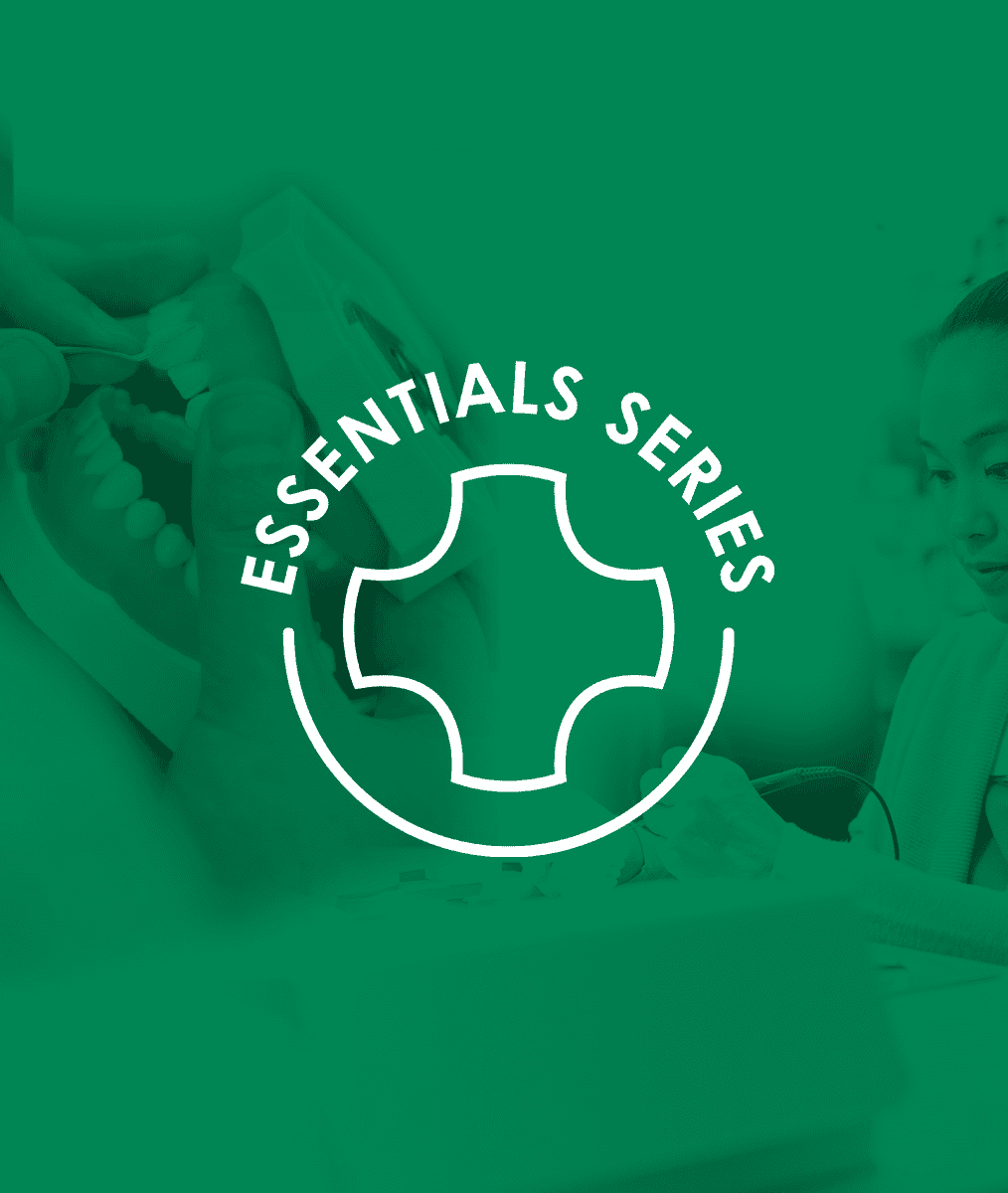Preoperative Dental Rinsing: What You Need to Know
I think pre-operative rinsing is here to stay. Science supports it is effective against viruses, including COVID19. And it is easy to do.
Pre-operative rinsing has been discussed in dentistry for a long time, especially before hygiene visits. Today this is an even more relevant conversation, and we are examining its efficacy again with renewed interest. Here are three to consider:
Hydrogen Peroxide Mouthwash
We know hydrogen peroxide works. It is highly effective against the virus and is recommended as a pre-operative rinse right now. A readymade hydrogen peroxide mouthwash is Peroxyl. You can also take 1% hydrogen peroxide and mix it 50/50 with a flavored mouthwash. The required time for effectiveness is a minimum of 30 seconds. Some publications are recommending the patient rinse with hydrogen peroxide for two 30-second cycles. If 30 seconds is too long for a patient, they can increase the number of times they swish for fewer seconds. You can set a timer to guide the patient and make sure the patient is swishing at least 30 seconds in total.
Iodine Based Mouthwash
The literature indicates iodine based rinsing solutions are also highly effective against the virus. There are iodine based mouthwashes you can purchase for use in your practice. As some people are allergic to iodine, you will need to carefully screen patients before use, asking if they have a known or suspect allergy. Can they have betadine on their skin? Can they eat shellfish? If iodine should be avoided, then you will want to use hydrogen peroxide.
Chlorhexidine Mouthwash
The process of rinsing with chlorhexidine before an appointment and/or adding chlorhexidine so it comes through the water spray of a Cavitron or Ultrasonic Scaler is not new news. For a long time, we have been using chlorhexidine mouthwash as an adjunct to oral hygiene following periodontal treatment. There is science that chlorhexidine kills microbial cells withing 30 seconds of contact in the sulcus biofilm, but is it effective as an antimicrobial pre-operative rinse to reduce the risk of COVID19 exposure? We do not know. We cannot point to the science that would tell us it is equally effective against the virus as other options. However, I have heard studies are underway with good clinical results so far.
Related Course
E3: Restorative Integration of Form & Function
DATE: August 11 2024 @ 8:00 am - August 15 2024 @ 2:30 pmUnderstanding that “form follows function” is critical for knowing how to blend what looks good with what predictably functions well. E3 is the phase of your Essentials journey in which…
Learn More>







